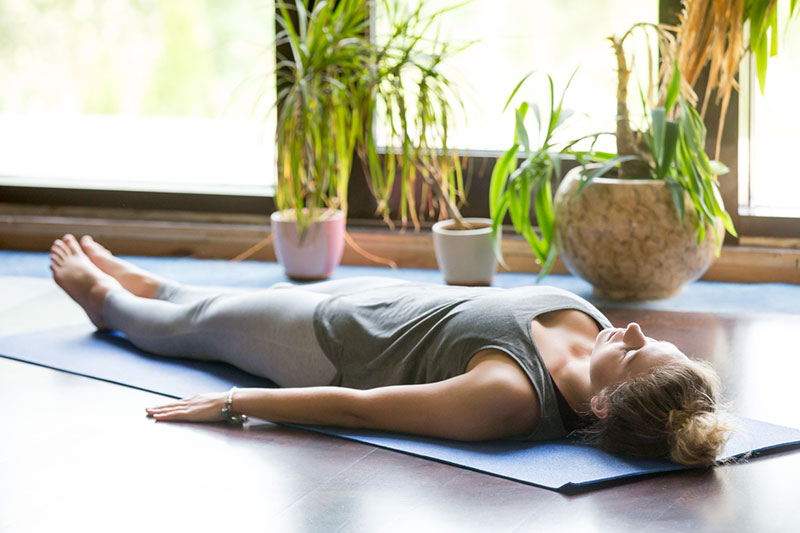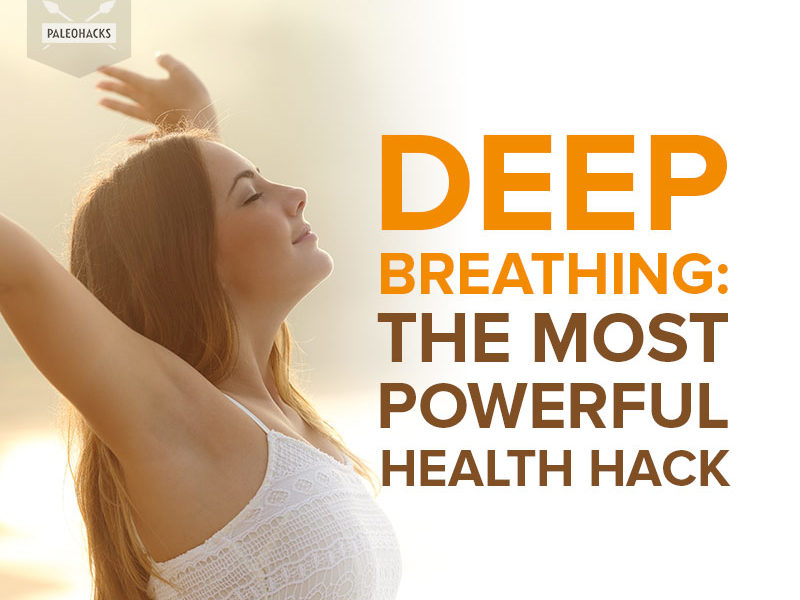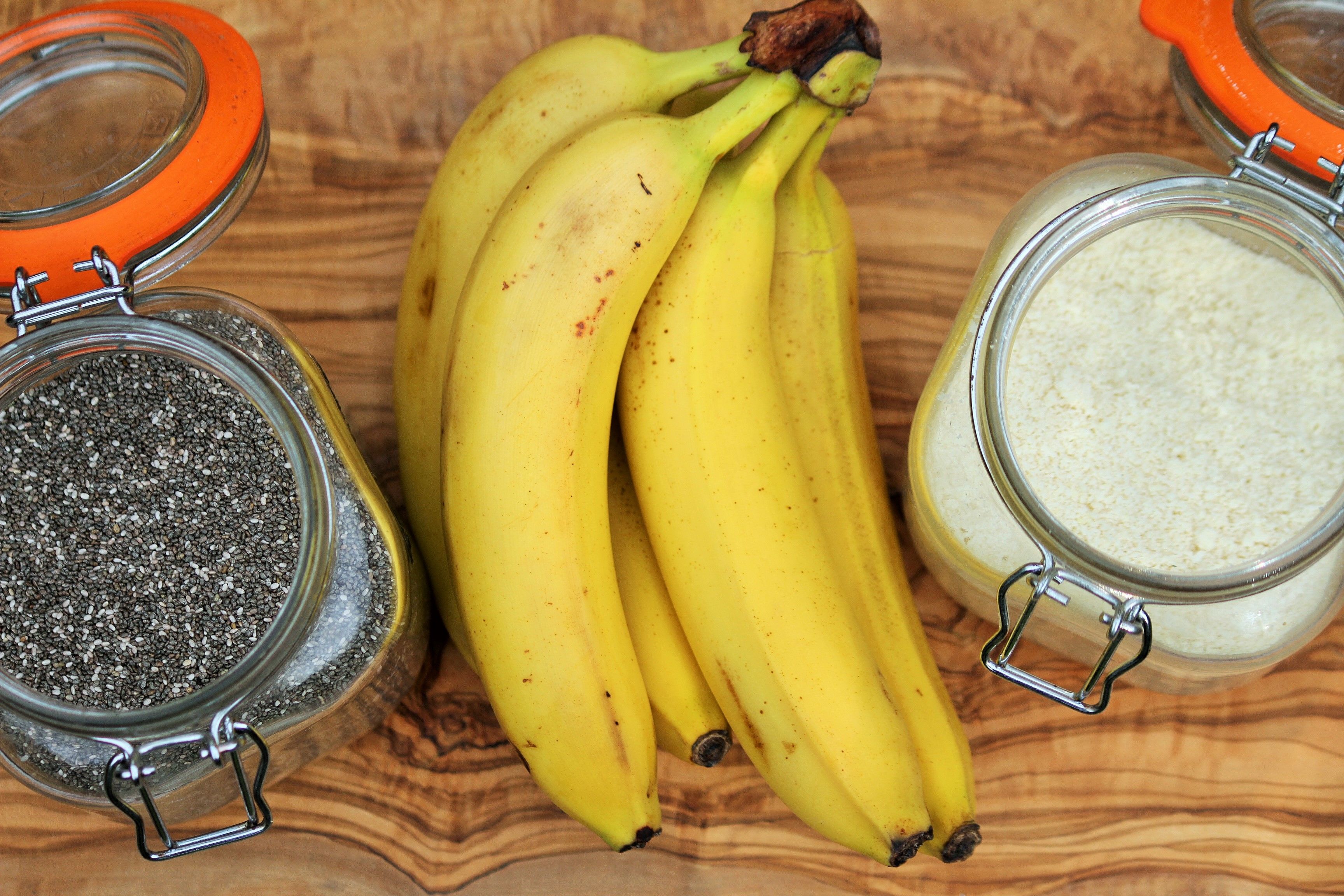We live in a fast-paced world where constant access to technology and connectivity has dramatically accelerated productivity and progress.
However, the busier our lives get, the greater the demands on the body’s stress hormones in order to cope with the never-ending barrage of emails, late night BlackBerry messages and early morning alarms.
Ironically, one of the most primal actions of the human body may be the answer to increasing your resilience, balancing stress hormone production and overcoming the frenetic pace of today’s workplace. We all do it, every single day: breathe.
Want to train your brain to be happier and healthier?
Click here to receive our FREE 7-Day Meditation Challenge!
Breathing is essential for life, giving us the vital oxygen our heart, lungs and cells need. But there is also a powerful relationship between your breath and thoughts. Your breath has a tremendous influence on your thoughts and physiology, just like your thoughts have a tremendous influence on your breath.
Studies show that deep breathing can help reduce anxiety and depression, lower high blood pressure levels, increase energy, relax muscular tension and relieve stress and feelings of being overwhelmed by tasks and work demands. (1, 2, 3, 4)
Throughout our existence, the physiology of breathing has remained the same, yet something has changed. Busy, stressful days and negative thoughts all impact the stress response system, increasing stress hormones (cortisol and adrenaline) that raise your blood pressure, blood sugars, heart rate and breath rate. Increased stress also reduces your breath quality, leading to short and shallow breaths that trigger your “fight or flight” sympathetic nervous system, your survival switch that warns your body of incoming danger. Too many days stuck in this “go-go-go” sympathetic overdrive mode will drain your body, impair concentration and lead to poor memory and productivity.
In contrast, when you sleep, you inhale deeply as your diaphragm, the biggest muscle in your body, contracts and relaxes. This type of deep breathing activates your parasympathetic “rest and digest” nervous system and vagus nerve in your brain, the signal that tells your body to relax and remain calm. This parasympathetic state is what “builds up” the proverbial candle you too often burn at both ends during stressful and busy days.
Some stressors are unavoidable, and a simple reality of your working environment. For example, a recent study found that middle managers have far greater cortisol output than CEOs and presidents of corporations. The researchers concluded that not knowing when the stressor will come (i.e. when more work will hit your plate) is a potent stressor that puts you into “fight or flight” overdrive. (5) Similarly, workers who do not have defined roles or expectations in their jobs also have dramatically elevated stress hormone levels.
Research also shows that people who react strongly to daily hassles – having to wait in line, being stuck in traffic, having to stay late at work – have significantly higher cortisol stress levels. (6) Your breathing may be the ultimate health hack for getting yourself back on track.
While you can’t necessarily change your job, how busy you are, or demands at home, you can improve your resilience or capacity to cope with stress. Let’s take a look at a simple breathing program that you don’t have to be a yogi to do! Try it for just 10 minutes and pay attention to the physiological effects you feel.
Deep Breathing Simple Exercise

Deep diaphragmatic breathing is a simple exercise and powerful health hack to reboot your breathing. Find a quiet space and spend a few minutes exercising your diaphragm with the following steps:
1. Start by lying on the floor with your legs bent, feet flat on the floor.
2. Place a book or similar-weight object on your belly, then rest your arms on the floor next to you, palms facing up.
3. Close your eyes and inhale through your nose. As you inhale, push the book (i.e. your belly) up toward the ceiling. Inhale for two seconds.
4. Hold your breath for one second.
5. Then, exhale through your mouth with pursed lips (i.e., like you’re blowing out birthday candles) for three seconds, and feel your belly fall down toward your spine.
6. Continue this process for 5 minutes, then stop.
Goal: Build up to 8-10 minutes over the course of several weeks or a month.
You may notice while trying this exercise that breathing might feel more challenging than usual, and it may be difficult for your belly to rise up during inhalations. This will let you know you’re likely a chest or “pump-handle” breather. Chest breathing encourages short, shallow breaths in your upper chest and doesn’t allow for the full volume of oxygen to reach your lungs. However, keep practicing and you’ll soon become comfortable with the proper method of breathing.
(Read: The Best 10-Minute Meditation)
Once you feel comfortable doing this lying on the floor, there are a series of progressions you should do to help ingrain this deep, diaphragmatic breathing pattern:
- Practice your breathing while sitting. Place your hand on your belly instead of a book and perform the same exercise as above, simply seated in a chair.
- Work your way up to a standing position. Stand with your feet hip- to shoulder-width apart, close your eyes, and place one hand on your belly. After a few breaths, remove your hand and continue with the deep belly breathing.
- Get moving! Start with a 10-minute walk. Inhale every 2-3 steps and exhale for the same number of steps. Try to recreate the rhythm you felt when practicing on the floor and in the chair.
Your breath is the connection between your mind and your body, and between your brain and your stress system. Take control of your breath to calm stress hormones, improve your focus and increase your resiliency. You don’t need any fancy equipment or expensive supplements. You can practice in your car, on the subway, or even in the office. You just need to sit still and breathe.
(Read: 9 Ways to Beat Chronic Stress)
You’ll take about one billion breaths in your lifetime, and whether they help calm your body and mind or accelerate stress and aging is up to you. Make a simple change and discover how breathing can upgrade your health, wellness and performance.
Happy breathing!



 Heavenly Paleo Banana Muffins
Heavenly Paleo Banana Muffins





Show Comments